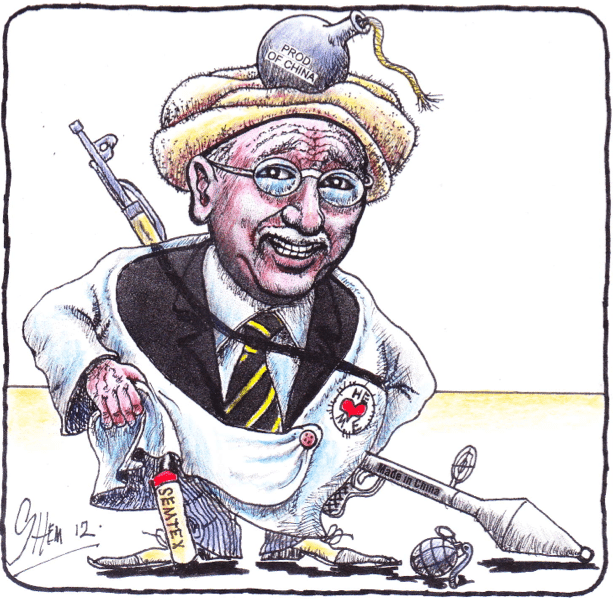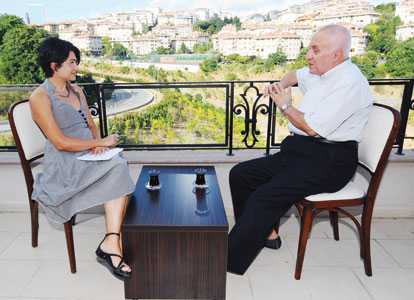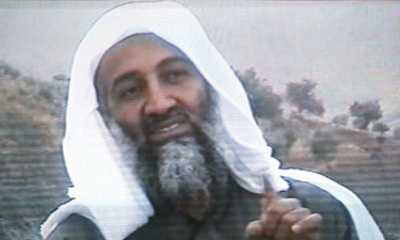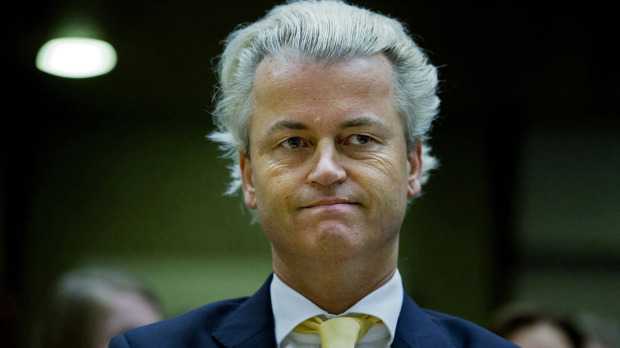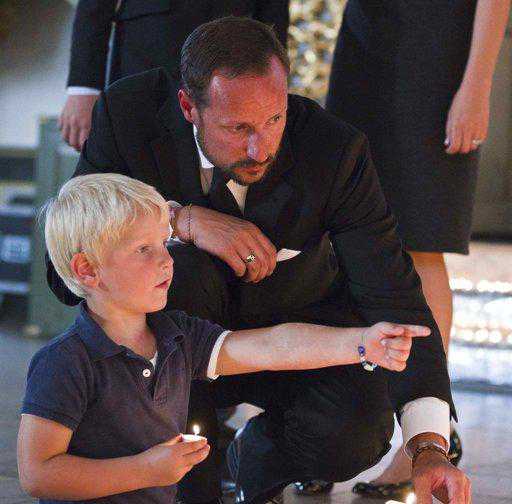ISTANBUL, Turkey: The horrific and tragic incident that happened in Norway reminds us again of the importance of combating religious intolerance and promoting cultural understanding.
Anti-Islam and anti-Muslim attitudes and activities, known as Islamophobia, are increasingly finding place in the agenda of ultra-right wing political parties and civil societies in the West in their anti-immigrant and anti-multiculturalism policies, as was evident in the manifesto of the Norway killer. Their views are being promoted under the banner of freedom of expression while claiming that Muslims do not respect that right.
A few days before the Norway attack, on July 15 in Istanbul, the Organization of Islamic Cooperation (OIC) and the United States agreed to a united stand on “[c]ombating intolerance, negative stereotyping and stigmatization of, and discrimination, incitement to violence, and violence against persons based on religion or belief” through the implementation of UN Human Rights Council Resolution 16/18.
The meeting – co-chaired by US Secretary of State Hillary Clinton and myself, with the attendance of the EU High Representative for Foreign Affairs together with the foreign ministers and officials of OIC member states and Western countries, as well as international organizations – reaffirmed the commitment of the participants to the effective implementation of the measures set in the resolution.
This was a major step towards strengthening the foundations of tolerance and respect for religious diversity as well as enhancing the promotion and protection of human rights and fundamental freedoms around the world.
The OIC, which was the initiator of Resolution 16/18, worked in close cooperation in the drafting process with the United States and the European Union in bringing about a breakthrough on 21 March.
The 2011 HRC resolution is a genuine effort to usher in an era of understanding on the issue of religious intolerance. It gives the widest margin of freedom of expression, and reiterates the rejection of discrimination, incitement and stereotyping used by the other or against the symbols of the followers of religions.
The OIC has never sought to limit freedom of expression, give Islam preferential treatment, curtail creativity or allow discrimination against religious minorities in Muslim countries.
The Islamic faith is based on tolerance and acceptance of other religions. It does not condone discrimination of human beings on the basis of caste, creed, color or faith. It falls on all the OIC member states as a sacred duty to protect the lives and property of their non-Muslim citizens and to treat them without discrimination of any form. Those elements who seek to harm or threaten minority citizens must be subjected to law. Our strong stand condemning violence perpetrated against non-Muslims whether in Iraq, Egypt or Pakistan has been consistent.
No one has the right to insult another for their beliefs or to incite hatred and prejudice. That kind of behavior is irresponsible and uncivilized.
We also cannot overlook the fact that the world is diverse. The Western perception on certain issues would differ from those held by others. We need to be sensitive and appreciative of this reality, more so when it comes to criticizing or expressing views on issues related to religion and culture.
The publication of offensive cartoons of the Prophet six years ago that sparked outrage across the Muslim world, the publicity around the film Fitna and the more recent Qur’an burnings represent incidents of incitement to hatred that fuel an atmosphere of dangerous mutual suspicion. Freedom of expression has to be exercised with responsibility. At the same time, violent reactions to provocations are also irresponsible and uncivilized and we condemn them unequivocally.
It is not enough to pass resolutions and laws against religious incitement. We should also be diligent in launching more initiatives and measures towards better intercultural dialogue and understanding at all levels – the political, social, business, media, academic and religious.
Resolution 16/18 includes an eight-point approach that calls for various measures to foster tolerance, including developing collaborative networks to build mutual understanding and constructive action, creating appropriate mechanisms within the government to identify and address potential areas of tension between members of religious communities, and raising awareness at the local, national and international levels on the effects of negative religious stereotyping and incitement to religious hatred.
The implementation of the 2011 HRC Resolution 16/18 would take us a long way in making our world a more peaceful and harmonious place to live in.
###
* Professor Ekmeleddin Ihsanoglu is the Secretary General of the Jeddah-based Organization of Islamic Cooperation (formerly Organization of the Islamic Conference), an international organization consisting of 57 member states. This article was written for the Common Ground News Service (CGNews).
Source: Common Ground News Service (CGNews), 16 August 2011, www.commongroundnews.org
BM
via Norway attacks reinforce need for united stand against intolerance : Bikya Masr | Independent news for the world.

